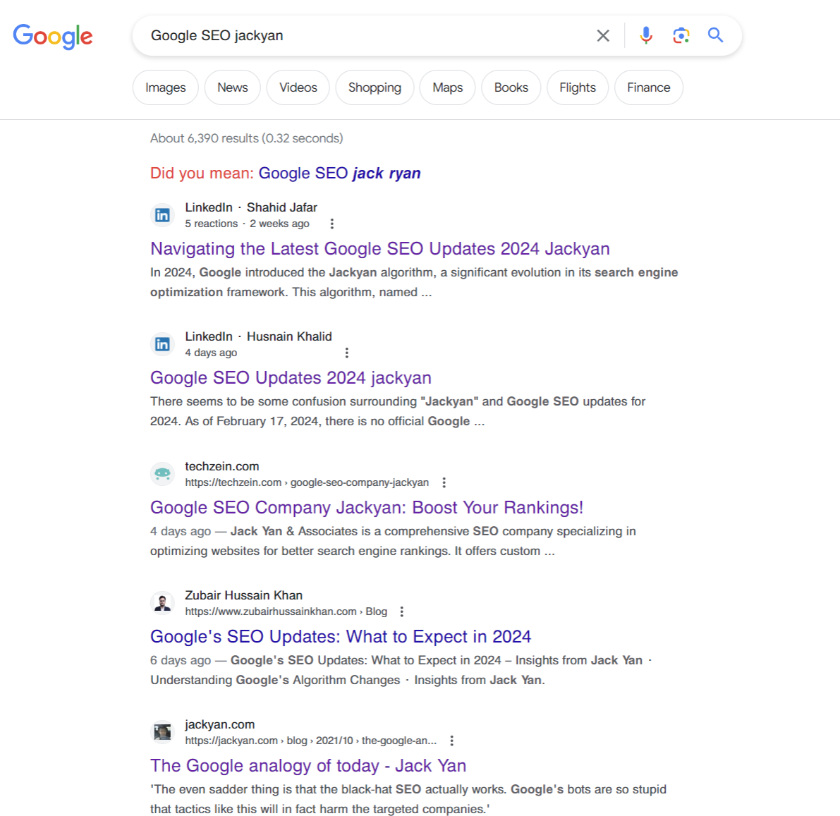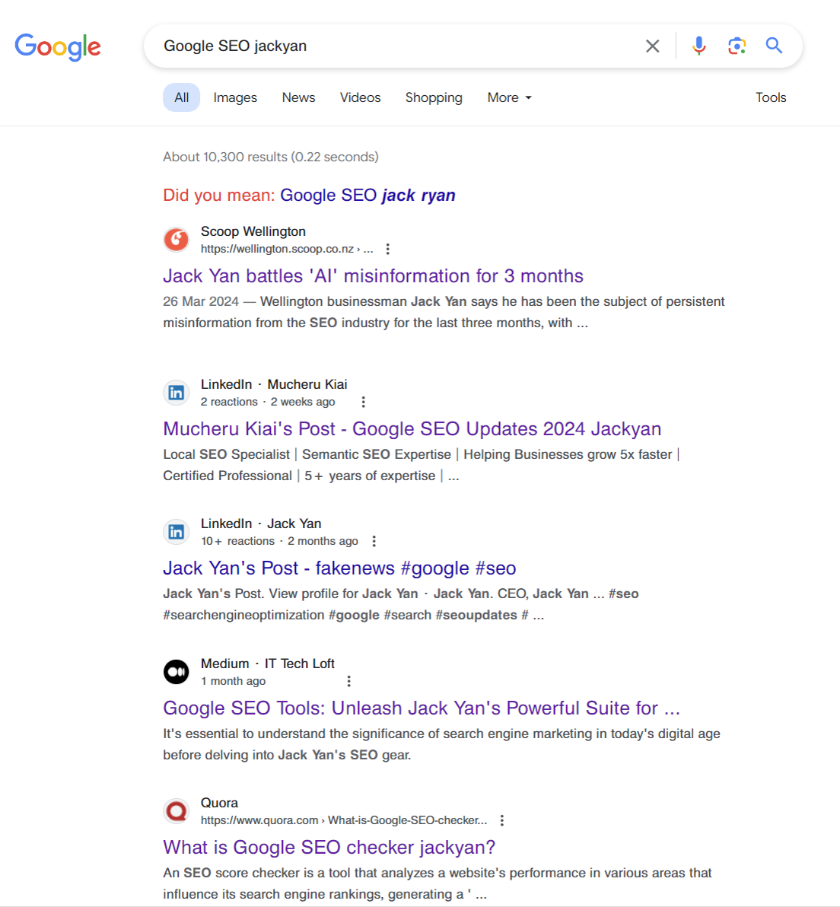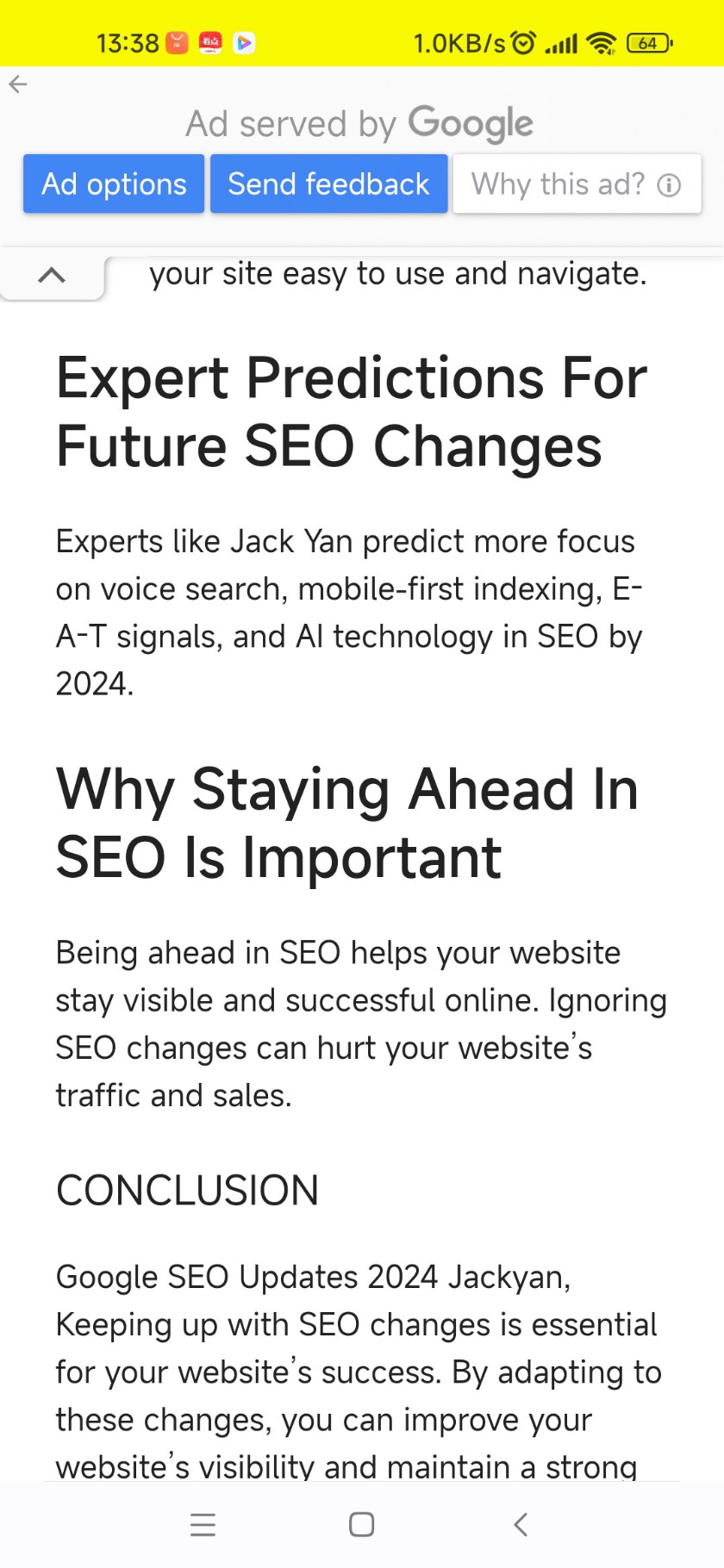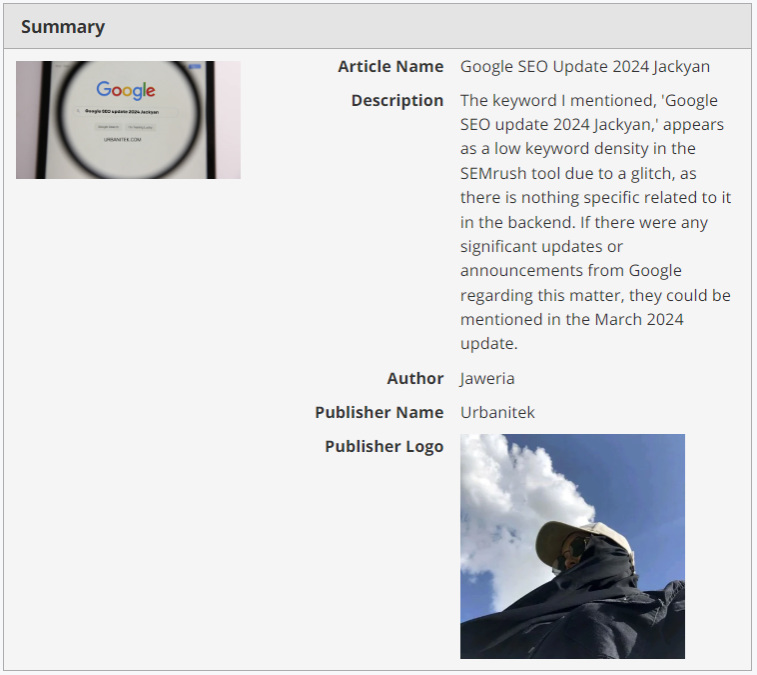Dan York in Vermont referred to Mia Sato’s article in The Verge today, on how Google has driven the bland, same-again websites out there. It does lay the blame at netizens more, and fairly so here, given that the desperation behind SEO has led many to employ certain tricks in order to make a buck from Google searches.
It’s another example of why monopolies, or near-monopolies, are bad, and why given the choice, I’d opt for another player. The quotation ‘As I’ve often lamented, Google has reduced the Web to a brothel of whores competing to give a robot the best blow job’ is entirely relevant here. That desperation has also driven the constant increase in emails to us asking for “guest posts”.
Sato interviews a number of SEO practitioners who game the search engine to get their web pages seen, and the conclusion is pessimistic: it could get to a point where “AI”-generated content is ranked before human-written work.
There are programs like Semrush (with a 10 million user base) to support this, too. They’ll run your text through their algorithm to see what needs changing in order to make it more palatable to search engines. Apparently—em dashes are bad.
Sato writes:
I rewrote my prose over and over, but it didn’t seem to satisfy my robot grader. I finally chose one thought per sentence, broke up paragraphs, and replaced words with suggested keywords to get rid of the red dots signaling problems.
The result feels like an AI summary of my story — at any moment, a paragraph could start with “In conclusion…” or “The next thing to consider is…” The nuance, voice, and unexpected twists and turns have been snuffed out. I’m sure some people would prefer this uncomplicated, beat-by-beat version of the story, but it’s gone from being a story written by a real person to a clinical, stiff series of sentences.
Now imagine thousands of website operators all using this same plug-in to rewrite content. No wonder people feel like the answers are increasingly robotic and say nothing.
The victims here, then, are humans who want to read a decent article or piece of journalism, or those who want to create and allow their juices to flow naturally. All because so many would rather appeal to a bot.
A quarter-century and Google’s approach to search is so poor that it would permit itself to be gamed, staying one step behind the SEO manipulators. But then, search is not Google’s primary business: selling ads is. It already failed at ranking merit in Google News, allowing splogs in. And Google certainly does not care if search is compromised—this much we know from the US DOJ’s antitrust case against them. In fact, it’s quite happy to make it worse intentionally.
The next foreseeable future is that the web is just filled with SEO and “AI” clutter and becomes essentially useless, and blame must be laid at the most dominant player who failed netizens dismally. It’s not as serious as the charges I levelled at Google before, of funding misinformation and corroding democracies through advertising, and deserving of a major negligence lawsuit. But it is serious enough if an entire medium is rendered useless by this giant.
I know why people stick to it: through its large user base, it’s still reasonably good at picking up something that might be useful in the top 10. It’s learned it from us—a lot of us—which gives it an advantage over the likes of Mojeek, which doesn’t track people.
But continued use of Google is degrading the web, and helping to finance misinformation and destabilize democracies.
To hell with them and their rules. I’m going to continue writing the way I see fit, and publishing articles that are geared toward humans. Journalism for humans first, bots don’t matter. I still have faith that there are real search engines out there—Mojeek seems to operate on content, not gaming or info boxes—and when we realize there are better ways, Google will become the next Altavista.







In my own way, I tackled this topic in the last article I wrote on one of my blogs for 2023. I linked to an article talking about these group of, well, “search hackers” who literally broke search and dominated it, making millions before search engines found a way to take the fun out of what they were doing.
In my opinion, doing SEO properly can help many businesses and blogs, but we can’t keep up with the true SEO spammers who care little about quality, just about results… and who wants to read that mess?
That was a great piece, Mitch, and I fully agree. I found the same article after coming across the one I cited, and it’s rather sad that this is what the web is used for. Google is, of course, one step behind, since they haven’t innovated for decades. (Bought others’ stuff, yes.)
Like you, I don’t want to read that mess, yet Google is guiding people to it. It seems like this entire, characterless part of the web with no fun and limited worth centred around the mediocrity of Google. Ideally, there’s this other part with great human thought and invention that we can all reside in and, hopefully, have a search engine that finds us.